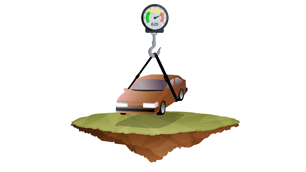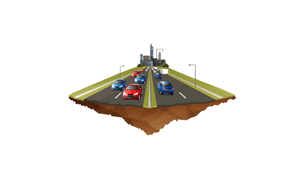Steel is part of everyday life and is found in products ranging from beverage cans to cars and washing machines. Achieving more sustainable lifestyles is a global challenge and steel can contribute to overcoming it by enabling the development of durable products that can be reused and recycled, that require less energy and help reshape the way we live.
Why is this important to us?
A future of nine billion people enjoying a high quality of life will need products that use natural resources in ways that are ultra-efficient and help create the so-called circular economy. Innovation is the answer to that. To create and sustain quality lives, we need to design innovative products to meet new demands.
Our challenge

Megatrends such as the low-carbon economy, electric vehicles and artificial intelligence are radically changing the way manufacturers think about their next product design. These challenges mean that their choice of materials are no longer based solely on cost, quality and suitability. It is necessary to consider the impacts of their entire life cycle, making it even more important to consider aspects such as strength, durability and recyclability of materials. The focus is shifting from the carbon emitted during a product’s use to emissions during its production as well. Years of strong lifecycle assessment work and successful innovation have put our steel at an advantage here, and we will need these more than ever to stay on the front foot.
Our action

We are innovating to ensure that steel is continually anticipating and responding to the next challenge in sustainable lifestyles. We work with our customers to rethink the design of their products in order to ensure the unique properties of steel can be exploited to a maximum. We also need to provide the evidence to prove - through lifecycle analysis - where steel’s environmental footprint is better than other materials, and use this capability to demonstrate to the manufacturers– and society in general – the important role of innovative steel over the decades to come.
Our potential to create value

Steel is strong, safe, flexible and easily recyclable. Due to such characteristics, it can be the answer to today's environmental and social challenges. Thanks to its infinite recyclability, a tonne of steel produces less CO2 than aluminium, magnesium or carbon fibre over its whole lifetime. The high-strength steels we have developed to make cars lighter are a good example of the value we can create. Challenges are clear and the opportunities are exciting.
